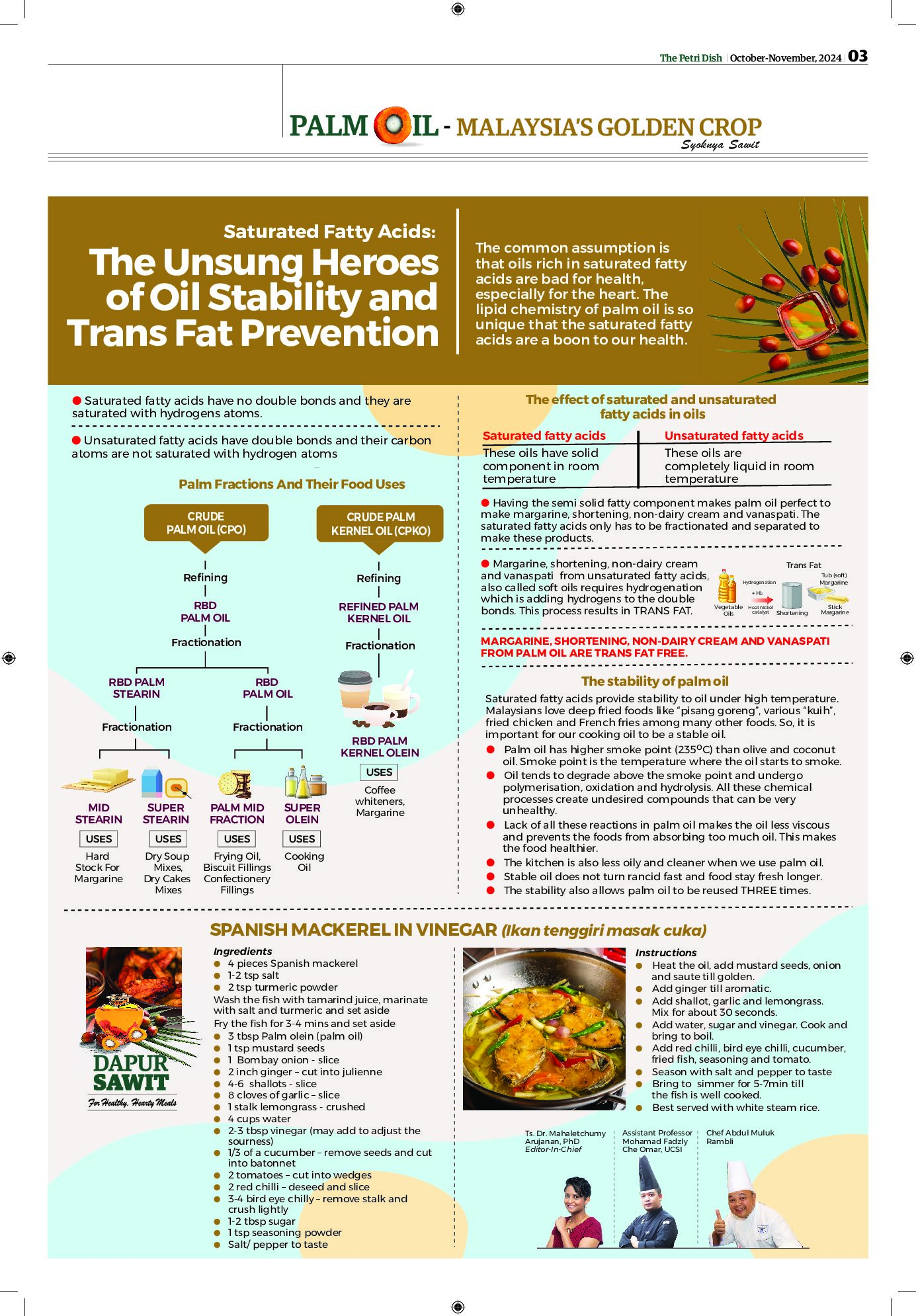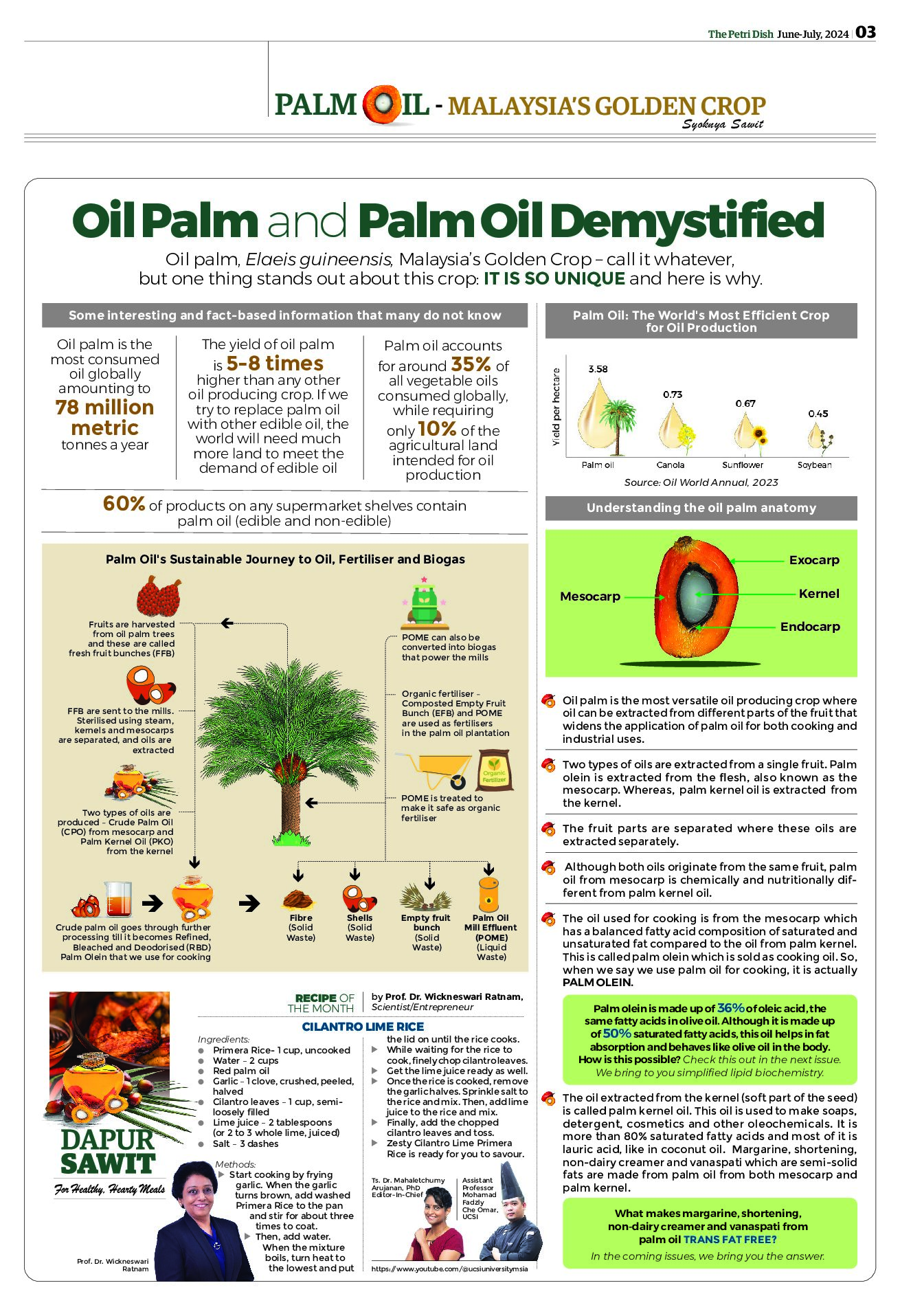KUALA LUMPUR: University of Malaya (UM) researcher Dr Chai Lay (pix) Ching was awarded the L’Oreal-UNESCO for Women in Science National Fellowship for her research in developing a real-time method to detect dangerous bacteria causing food-borne diseases in raw chicken.
Chai, a food microbiologist from Faculty of Science, University of Malaya, has been named as one of the three recipients for the prestigious L’Oreal-UNESCO for Women in Science Award.
The award was presented in Kuala Lumpur on Nov 1 with Yeo Bee Yin, Minister of Energy, Technology, Science, Climate Change and Environment (MESTECC) lending grace to the event.
The L’Oreal-UNESCO for Women in Science National Fellowship is an extension to the international L’Oreal-UNESCO awards to provide research grant of RM 30,000 each to 3 young female researchers to help pursue their research.
Through the fellowship, L’Oreal-UNESCO not only acknowledges and recognises the women scientists who are breaking barriers in the field, but also aims to inspire young girls and women who are interested in pursuing a career in research and science.
The national programme was launched in 2006, with the support of the Malaysian National Commission for UNESCO and in partnership with the Academy of Sciences Malaysia, the Ministry of Education and the Ministry of Energy, Technology, Science, Climate Change and Environment (MESTECC).
This year, L’Oreal-UNESCO also launched the “Male Championships for Women in Science” initiative where male scientists are encouraged to contribute to better gender balance in science for more effective progress. The Men for Women in Science manifesto was delivered by Prof Dr Awang Bulgiba Awang Mahmud from UM.
Several studies in Malaysia has shown that nine out of 10 raw chickens in our markets are positive for Salmonella or Campylobacter jejuni contamination. These bacteria are the top causes of food-borne diseases globally, killing more than 150,000 people annually.
Unfortunately, the conventional laboratory-based testing approaches of raw chicken are too slow and can no longer meet the demands of today’s large-scale food production.
Chai’s work, “Using science to sniff out highly pathogenic bacteria in food, saving lives and reducing morbidities-associated with these bacteria”, found that Campylobacter produces a very specific scent when grow on the agar plate, hence allowing her to correctly identify samples with Campylobacter from the negatives ones.
The proposed study is designed to develop a real-time method to detect these bacteria in raw chicken.
This method is based on the detection of specific Volatile Organic Compounds (VOCs) that are produced by these bacteria. This work is key for the future development of VOC-based biosensors or electric noses that can sniff out these highly pathogenic bacteria in our food systems that meet the ideal high-throughput detection criteria.
It can also be automated, is easy to perform and instantly detects contamination. The application will be key in not only saving lives and reducing morbidities-associated with these bacteria but will also bring significant economic benefit.
The successful completion of this project will lead to a better understanding of bacterial metabolism and adaptation in different types of substrates.
This knowledge will also be helpful us understand the impact of the environment on bacterial growth. Besides positively impacting the food industry, the body of knowledge will enhance the ability to develop mitigation strategies to inhibit bacterial growth as well as develop new drugs for the treatment of these deadly bacteria.










